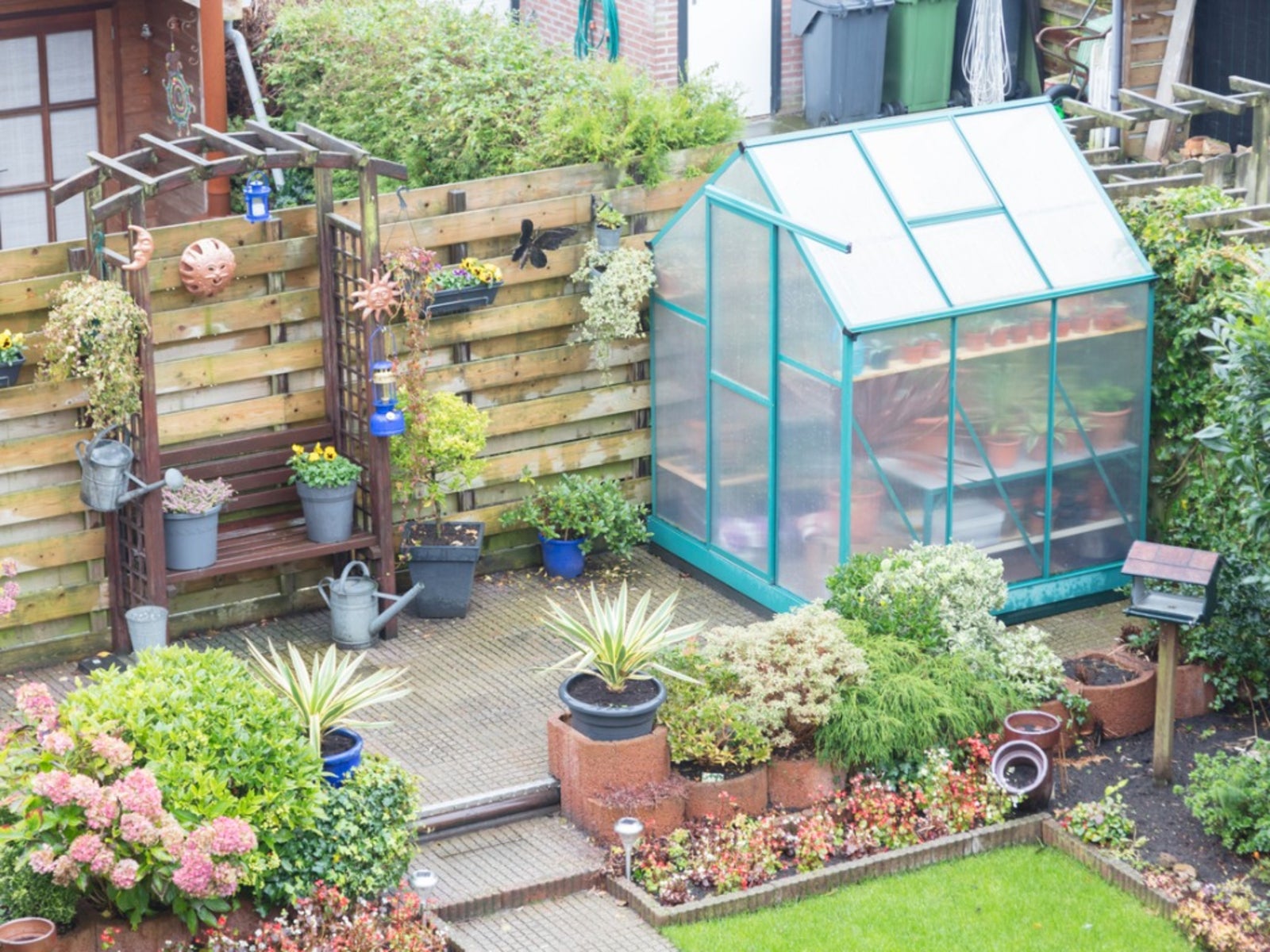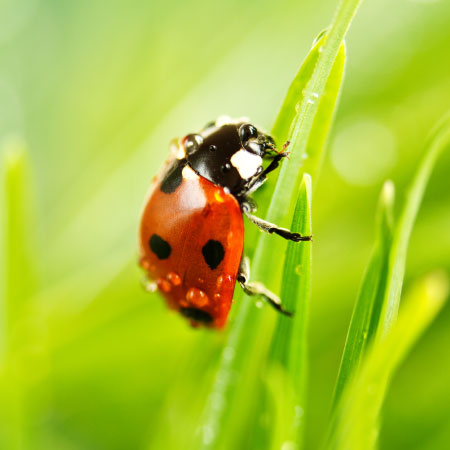What Is A Mini Greenhouse: Information And Plants For Mini Greenhouses


Gardeners are always looking for new ways to extend the growing season and make their plant experiments that much more successful. Many turn to mini greenhouse gardening when they need to create a specific microclimate or lack the space required for a larger, more permanent greenhouse structure. You can purchase mini greenhouse kits from nurseries and catalogs, or build your own mini greenhouse from basic materials, depending on your specific needs and budget.
What is a Mini Greenhouse?
A mini greenhouse is a generic term that encompasses a wide variety of professional and homemade designs. Mini greenhouses can be tall or short, but generally take up less than about 10 square feet (1 sq. m.) of ground or floor space. Many gardeners use them in place of cold frames to start seedlings earlier than normal for their area, or indoors to propagate plants that need high humidity. Commercial mini greenhouses are usually constructed of metal or plastic pipe, with between one and three shelves stacked one atop the other. The pipe frame is fitted with a plastic cover containing a door that unzips to allow the grower access to their plants. Homemade mini greenhouses may be as simple as a greenhouse flat fitted with a makeshift wire frame, pushed into a turkey bag, and sealed tightly.
How to Use a Mini Greenhouse
Mini greenhouses aren't designed for every type of gardening task, but for those things they're good at, they're very handy indeed. Seed starting is one of the greatest strengths of mini greenhouses, especially if you use one with a single shelf. Multiple shelf units must be placed in an ideal location in order to prevent shading the seedlings you're trying to grow. They're also extremely useful when you want to clone plants that are already in your landscape - the plastic covers will trap humidity, making it more likely that a cutting or graft takes successfully. These small structures require a great deal more care than a standard greenhouse though, since heat and high levels of humidity can build rapidly. Monitor temperatures closely, especially if your mini greenhouse is outdoors, and watch the humidity levels. Humidity is great for many plants, but it can lead to fungal disease and root rots as well. Plants for mini greenhouses aren't limited to full sun annuals or easy-to-start veggies. If you create the right microclimate inside your mini greenhouse, you can grow nearly anything. Annuals, vegetables, and fruits are only the beginning - as you get better at controlling conditions, try adding mini greenhouses for orchids, cacti, or even carnivorous plants. Your efforts will be rewarded with gorgeous blooms that few growers ever get to experience.
Gardening tips, videos, info and more delivered right to your inbox!
Sign up for the Gardening Know How newsletter today and receive a free copy of our e-book "How to Grow Delicious Tomatoes".

Kristi Waterworth was a regular contributor to Gardening Know How for many years, answering countless queries on plant pests and diseases.
-
 Looking For Plants To Give You The Soft And Fuzzies? Try These 5 Fuzzy Leaf Plant Options
Looking For Plants To Give You The Soft And Fuzzies? Try These 5 Fuzzy Leaf Plant OptionsLovers of texture, drama, silver foliage and tactile plants will adore these special sensory garden additions. These fuzzy leaf plant options will leave you all aglow
By Susan Albert
-
 Get Ready For A Summer Of Hummers! Grow These Full Sun Hummingbird Plants and Flowers
Get Ready For A Summer Of Hummers! Grow These Full Sun Hummingbird Plants and FlowersIf you’re lucky enough to enjoy a sunny backyard, make sure you are maxing out on your pollinator opportunities and grow these full sun hummingbird plants and flowers
By Tonya Barnett